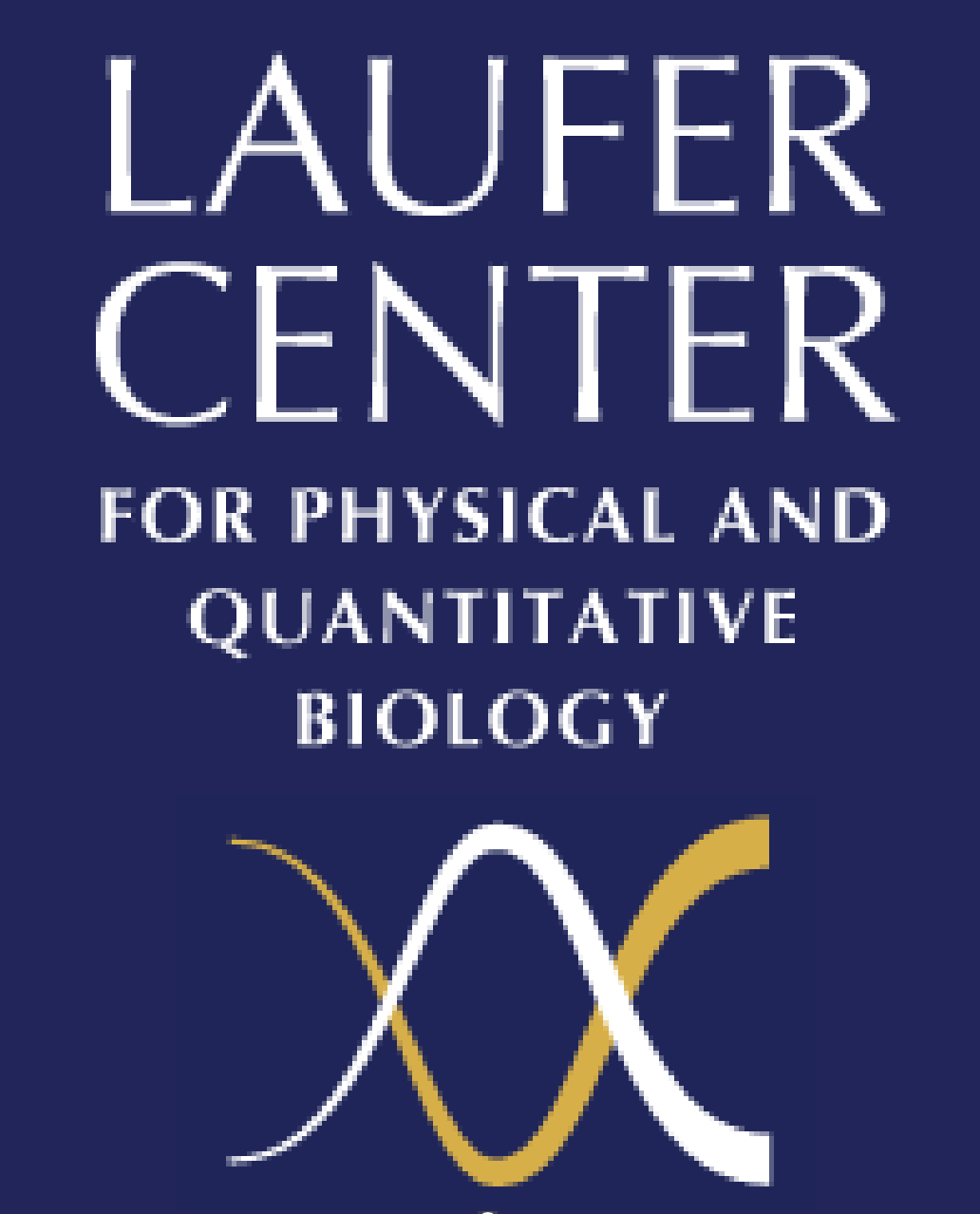Events Calendar
D. Allan Drummond
Assistant Professor, Departments of Biochemistry & Molecular Biology, Human Genetics, University of Chicago
Selection against protein aggregation at the proteome scale
A soluble protein’s tendency to form high-molecular-weight aqueous-insoluble aggregates has long been used to diagnose protein misfolding, a correlate and likely cause of cell stress and disease. Because misfolding is costly -- for reasons which are still being worked out -- natural selection should act to reduce misfolding and aggregation. Evidence for selection's action is plentiful but indirect, drawn from gene sequence evolution and predictions of protein biophysical properties. We have developed a measurement for protein aggregation using mass spectrometry which provides the first large-scale empirical view of aggregation at the proteome scale. The results of this assay reveal genome-wide selection against aggregation which grows stronger for more highly expressed proteins, as predicted from evolutionary evidence. These results raise many interesting questions about the dominant mechanisms employed to avoid misfolding and aggregation, and about the architecture of protein quality control systems.









